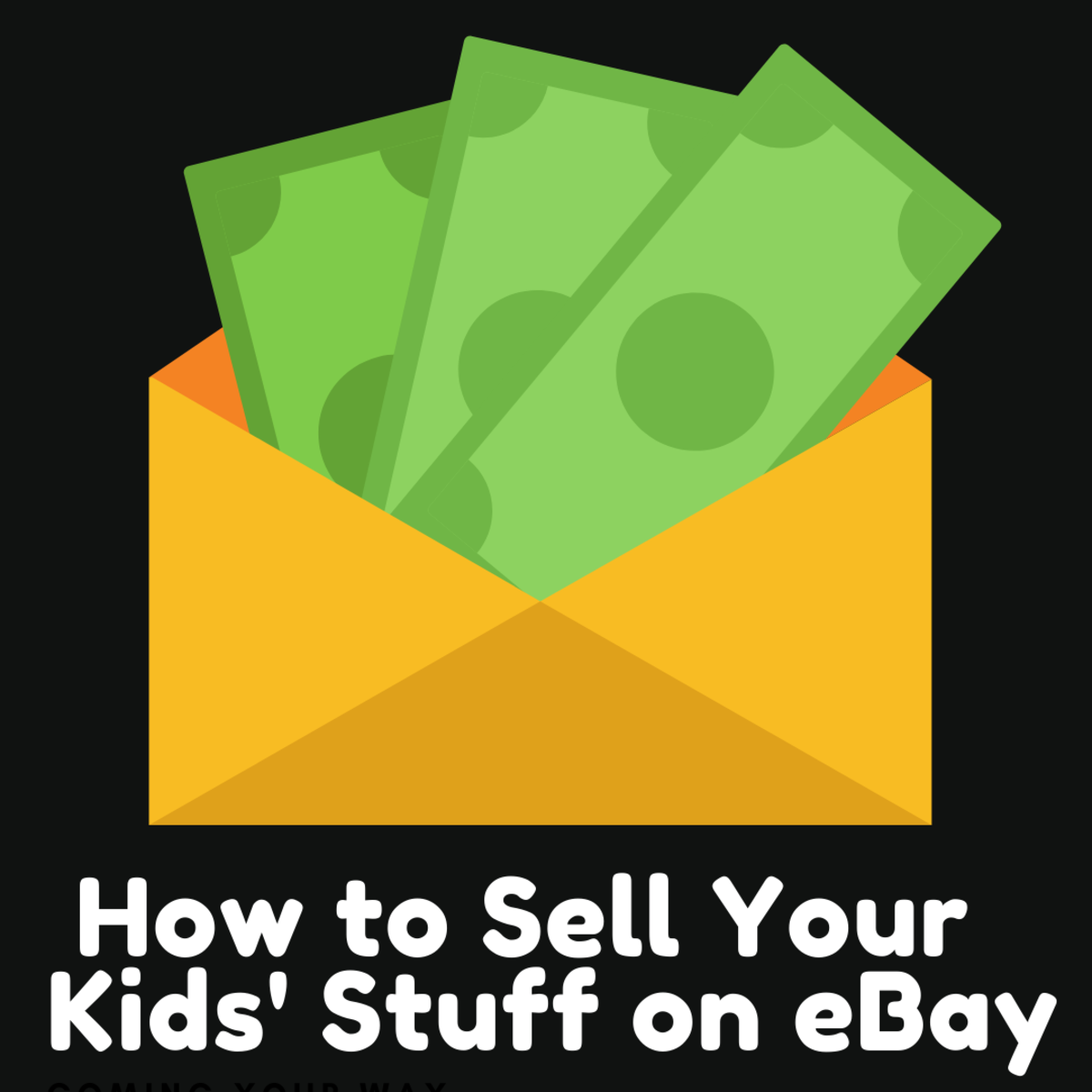Factors that Influence the Value of a Website
Website Value

factors that influence the value of a website
There are a number of factors that influence the value of a website. The following is a list of factors that can influence the value of a website:
• Nature – this refers to the nature of the online business. Is it a social site, an information rich site, a blog and so forth? Some types of online businesses have little value especially blogs. A blog may be well monetized but may still prove unattractive to suitors since most blogs are rather personal and the buyer would need to find a writer to write in the same style or else the audience would be lost.
• Age – startups are likely to be less valuable as they have not proven themselves. However, this is not strictly the case since in recent years Google has bought start ups for incredible figures. Older domains tend to be more valuable but again this is not cast in stone.
• Value perceived – this is the value that a potential buyer perceives of your website because you have built it up and it has acquired brand recognition. Brand recognition can exponentially increase the value of a website.
• Profits – refers to the actual net profits that the website makes as well as the manner in which the website is monetized. Our opinion is that sites well monetized with Adsense tend to be highly valued by potential buyers.
• Estimated Life Cycle – every business has what marketing professionals refer to as a product life cycle. Each product within an organization goes through phases. The initial phase is a rapid growth phase where sales grow from zero upwards. At some point, sales tend to stabilize and the growth curve evens out. Product sales will eventually decline due to factors such as competition unless the management/owners innovate to sustain the curve on an even or upward trend. This is the challenge of businesses all over. The same happens in an online business. You should sell your business when growth is still on an upward trend because when it begins to slacken, innovation will require time and funds.
• Traffic – traffic is to an online business what blood is to the body. Without traffic, your business is dead. Potential buyers thus place great emphasis on website traffic when valuing a website.
• Search Engine Optimization (SEO) – this is closely related to traffic in the sense that a well optimized website will have a high search engine page rank, high traffic and ultimately higher revenue.
• Back links – again this point is closely related to traffic. Back links refers to the number of quality websites that link to your site. Many quality links back to your website increase your page rank; bring in more traffic and more revenue. Buyers will therefore be interested in the number of quality back links to your site.
• Running costs – a potential buyer will be interested in the costs associated with running costs. These costs include server costs, programming if any, content generation, promotion, affiliate programs and so forth. The lower the costs, the more the website’s value.
• Purchase risk – this is the subjective risk assessment that a potential buyer places on your site. Some people will place a greater risk assessment on some transactions than others. Online businesses happen to be in the category that most people regard as high risk. You have no control over this.
• Market factors – the buyer will want to know who your competition is and whether your website offers any unique value to the market.
• Comparative cost – a potential buyer is likely to make an assessment of how easy it is to develop a site similar to yours and how much it is likely to cost. If the comparative costs are low then potential buyers may prefer to develop their own site and hence the value of your site will be low.
• Barriers to entry – this is closely related to the comparative cost of developing the site themselves. It refers to factors which would act as barriers to the buyer if they were to enter the market and build a similar business. Such barriers would include technology, language and other social considerations. If the barriers to entry are numerous then the value of your site would be higher because it would be easier to buy an existing site than build a competing one.
• Inherent opportunities – a buyer may perceive some opportunities available in your site and hence give it a high value.
• Strategic suitability – how does your website fit in with potential buyers’ strategy? A case in point is Google’s purchase of YouTube. Google’s strategy has been to help people obtain information easily and make money while doing so. YouTube offered Google the opportunity to widen its advertising and publisher network through video advertising.
• Appropriateness – each buyer has a skill set. If your website matches the skill set of the potential buyer then they are likely to pay a premium.
• Ease of additional monetization – a potential buyer tends to be alert to the ease with which a site can further be monetized. The costs involved with further monetization efforts will also influence the value of the website.
Are you interested in purchasing a website. Read about how you can appraise a website at this HUB.









